Filter by
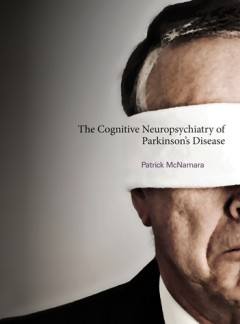
The Cognitive Neuropsychiatry of Parkinson's Disease
Patrick McNamara examines the major neuropsychiatric syndromes of Parkinson's disease in detail and offers a cognitive theory that accounts for both their neurology and their phenomenology.OCLC-licensed vendor bibliographic record.
- Edition
- -
- ISBN/ISSN
- 9780262298360
- Collation
- 1 online resource (x, 231 pages) :illustrations
- Series Title
- -
- Call Number
- -
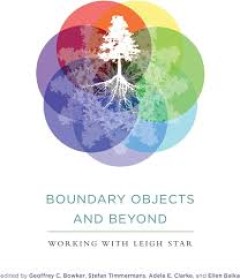
Boundary Objects and Beyond: Working with Leigh Star
Susan Leigh Star (1954--2010) was one of the most influential science studies scholars of the last several decades. In her work, Star highlighted the messy practices of discovering science, asking hard questions about the marginalizing as well as the liberating powers of science and technology. In the landmark work Sorting Things Out, Star and Geoffrey Bowker revealed the social and ethical his…
- Edition
- -
- ISBN/ISSN
- 9780262331012
- Collation
- 1 online resource (1 PDF (ix, 548 pages)).
- Series Title
- -
- Call Number
- -
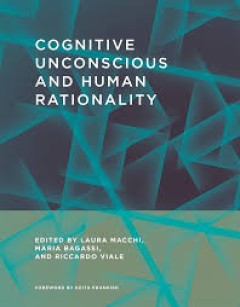
Cognitive Unconscious and Human Rationality
"This volume contributes to a current debate within the psychology of thought that has wide implications for our ideas about creativity, decision making, and economic behavior. The essays focus on the role of implicit, unconscious thinking in creativity and problem solving, the interaction of intuition and analytic thinking, and the relationship between communicative heuristics and thought. The…
- Edition
- -
- ISBN/ISSN
- 9780262335119
- Collation
- 1 online resource (xvi, 385 pages) :illustrations
- Series Title
- -
- Call Number
- -
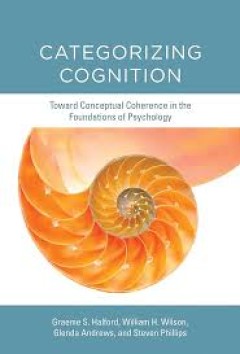
Categorizing Cognition: Toward Conceptual Coherence in the Foundations of Psy…
A proposal for a categorization of cognition based on core properties of the constituent processes that integrates theory and empirical findings across domains.OCLC-licensed vendor bibliographic record.
- Edition
- -
- ISBN/ISSN
- 0262320703
- Collation
- 1 online resource (xiii, 358 pages) :illustrations (some color)
- Series Title
- -
- Call Number
- -
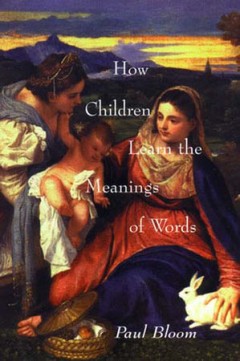
How children learn the meanings of words
How do children learn that the word "dog" refers not to all four-legged animals, and not just to Ralph, but to all members of a particular species? How do they learn the meanings of verbs like "think," adjectives like "good," and words for abstract entities such as "mortgage" and "story"? The acquisition of word meaning is one of the fundamental issues in the study of mind. According to Paul…
- Edition
- -
- ISBN/ISSN
- 9780262268783
- Collation
- 1 online resource (xii, 300 pages) : illustrations.
- Series Title
- Learning, Development, And Conceptual Change
- Call Number
- 400 BLO h
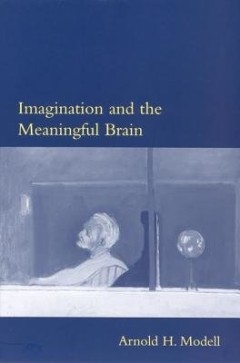
Imagination and the meaningful brain
"A Bradford book."The ultimate goal of the cognitive sciences is to understand how the brain works--how it turns "matter into imagination." In Imagination and the Meaningful Brain, psychoanalyst Arnold Modell claims that subjective human experience must be included in any scientific explanation of how the mind/brain works. Contrary to current attempts to describe mental functioning as a form of…
- Edition
- -
- ISBN/ISSN
- 9780262280044
- Collation
- 1 online resource (xiv, 253 pages)
- Series Title
- Philosophical Psychopathology
- Call Number
- 150 MOD i
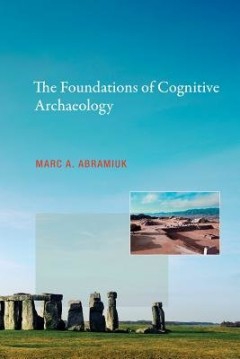
The foundations of cognitive archaeology
In The Foundations of Cognitive Archaeology, Marc Abramiuk proposes a multidisciplinary basis for the study of the mind in the past, arguing that archaeology and the cognitive sciences have much to offer one another. Abramiuk draws on relevant topics from philosophy, biological anthropology, cognitive psychology, cognitive anthropology, and archaeology to establish theoretically founded and emp…
- Edition
- -
- ISBN/ISSN
- 9780262305273
- Collation
- 1 online resource (xi, 316 pages) :illustrations
- Series Title
- -
- Call Number
- -

Mindreading animals :the debate over what animals know about other minds
A comprehensive examination of a hotly debated question proposes a new model for mindreading in animals and a new experimental approach. Animals live in a world of other minds, human and nonhuman, and their well-being and survival often depends on what is going on in the minds of these other creatures. But do animals know that other creatures have minds? And how would we know if they do? In …
- Edition
- -
- ISBN/ISSN
- 9780262298339
- Collation
- 1 online resource (xviii, 245 pages) :illustrations.
- Series Title
- -
- Call Number
- -
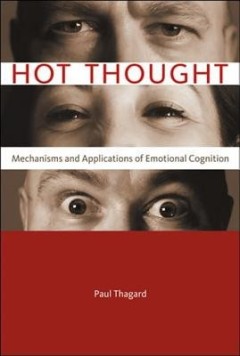
Hot thought :mechanisms and applications of emotional cognition
"A Bradford book.""In Hot Thought, Paul Thagard describes the mental mechanisms - cognitive, neural, molecular, and social - that interact to produce different kinds of human thinking, from everyday decision making to legal reasoning, scientific discovery, and religious belief, and he discusses when and how thinking and reasoning should be emotional." "Thagard argues that an understanding of em…
- Edition
- -
- ISBN/ISSN
- 9780262284844
- Collation
- 1 online resource (xii, 301 pages) : illustrations
- Series Title
- -
- Call Number
- -

Modularity in knowledge representation and natural-language understanding
"A Bradford book."The notion of modularity, introduced by Noam Chomsky and developed with special emphasis on perceptual and linguistic processes by Jerry Fodor in his important book The Modularity of Mind, has provided a significant stimulus to research in cognitive science. This book presents essays in which a diverse group of philosophers, linguists, psycholinguists, and neuroscientists--inc…
- Edition
- -
- ISBN/ISSN
- 9780262071055
- Collation
- 1 online resource (ix, 427 pages) :illustrations.
- Series Title
- -
- Call Number
- -
 Computer Science, Information & General Works
Computer Science, Information & General Works  Philosophy & Psychology
Philosophy & Psychology  Religion
Religion  Social Sciences
Social Sciences  Language
Language  Pure Science
Pure Science  Applied Sciences
Applied Sciences  Art & Recreation
Art & Recreation  Literature
Literature  History & Geography
History & Geography